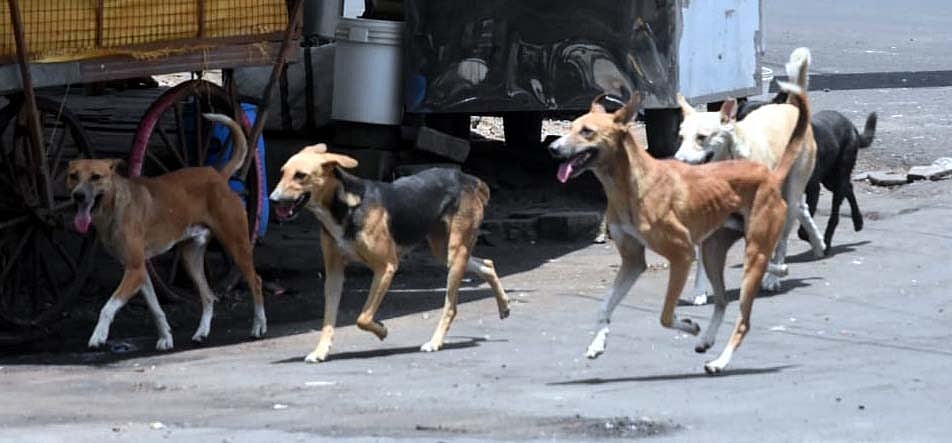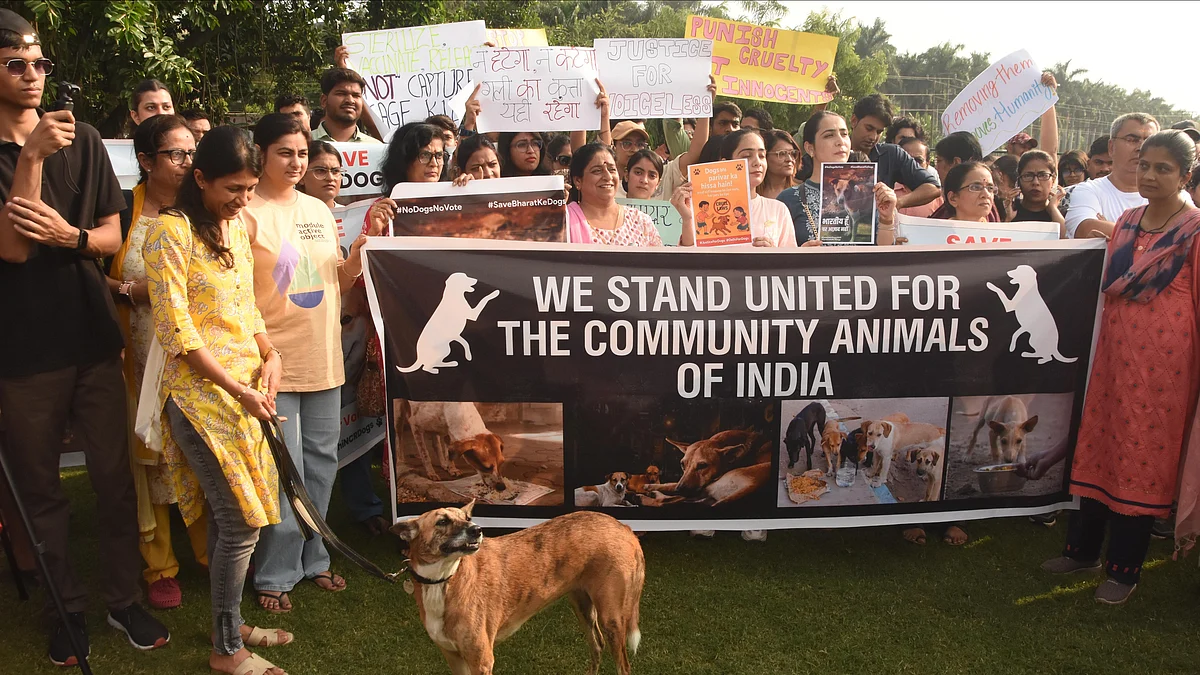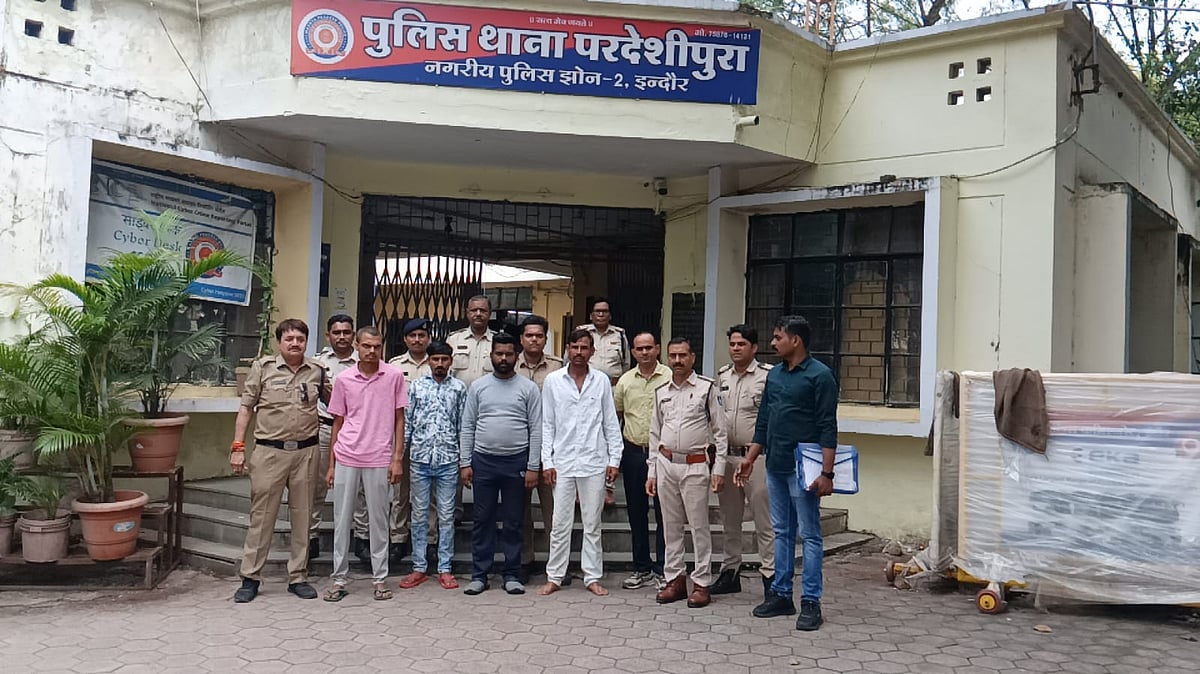Bhopal (Madhya Pradesh): The dream of making the state capital rabies-free by 2030 has turned into little more than paperwork for the Bhopal Municipal Corporation (BMC).
While the civic body has sent a proposal to the central government to establish six new Animal Birth Control (ABC) centers, the ground reality tells a different story the stray dog population has spiraled beyond 1.20 lakh.
Over the past four years, the corporation claims to have spent more than Rs. 8 crore on sterilizing about 61,580 dogs. Yet, the menace continues, with frequent complaints of dog attacks pouring in from across the city.
Capacity vs. Reality
Currently, Bhopal has only three ABC centers with a combined capacity to conduct 300 sterilizations daily. However, due to a shortage of doctors, only 40–50 sterilizations are performed each day. This brings the annual figure to less than 20,000, while thousands of new puppies are born each year, neutralizing the effort. On average, the corporation spends nearly Rs. 2.10 crore annually on sterilization drives.
Cost Concerns
As per the Animal Welfare Board of India (AWBI), the recommended cost per sterilization is Rs. 1,650 per dog. However, the Bhopal Municipal Corporation spends only around Rs. 1,100, including Rs. 200 for transportation. “Limited budget is creating challenges, but we are not compromising on quality,” said Dr. D.P. Singh, in charge of the sterilization program.
The issue is more alarming considering that the city has an estimated 32,000 female strays, each capable of giving birth to 8–10 puppies twice a year. Even if half of these puppies survive, the dog population could double annually.
Citizens raise concerns
“Uncontrolled population, slow sterilization, and rising expenditure prove that the dream of a rabies-free Bhopal by 2030 is nothing more than eyewash. Unless the system is improved, the target will remain a distant dream,” said animal lover Ishika Kakde.
Official stand
Defending the corporation’s efforts, Additional Commissioner Tina Yadav said, “A proposal for additional ABC centers has been sent to the central government. Cases of dog bites are declining, and sterilization work is being taken up on priority.”











